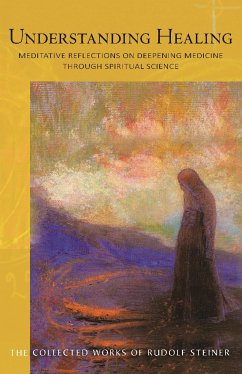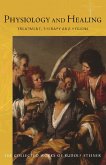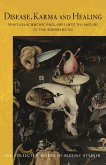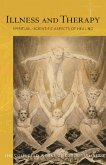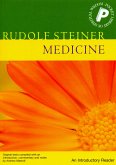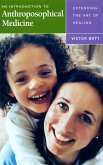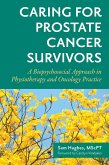Proper understanding of these processes enables the physician to comprehend the actions of plants and minerals used in anthroposophic medicines, and thus to prescribe appropriate and individually specific remedies. Steiner paints a picture of the human being as a complex confluence of the forces of heredity, forces from the cosmos, and an individual's unique spiritual nature. The physician has to understand these relationships in order to be able to help effectively when they are out of balance. Steiner stresses the importance of personal development for physicians, and offers plentiful instructions for a meditative practice intrinsic to their work.
Among a wealth of other topics, Steiner addresses inflammation and excessive growth; the nature of scarlet fever and measles; the importance of a child's food and breast milk; the functions of the liver, heart, head and skeleton; the incarnation process; karma as a guide for the physician; morality as a force streaming in from the cosmos; the cosmic trinity of Saturn, Sun and Moon in the healthy and sick human being; and the involvement of the heart in thinking. Included here are Rudolf Steiner's answers to questions, and the first newsletter from the Medical Section, with a key meditation for physicians. This volume also features 18 full colour plates of Rudolf Steiner's blackboard drawings, a comprehensive introduction, index and notes.
Dieser Download kann aus rechtlichen Gründen nur mit Rechnungsadresse in A, B, BG, CY, CZ, D, DK, EW, E, FIN, F, GR, H, IRL, I, LT, L, LR, M, NL, PL, P, R, S, SLO, SK ausgeliefert werden.

